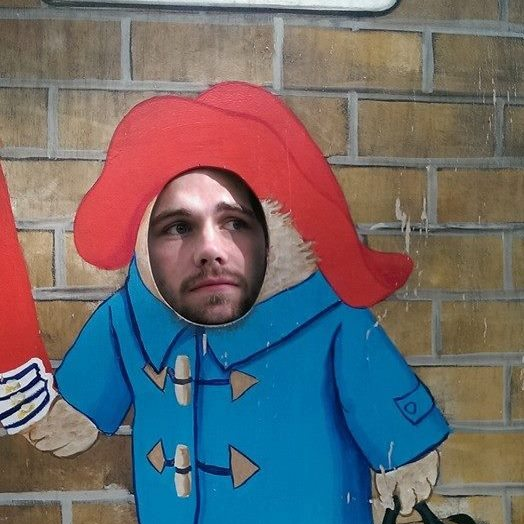Where readers once understood heroism through a Gilgamesh, a Frodo or a Katniss, the digital subject can now figure heroism through actions, decisions and events that are in many ways their own. Video gaming has an especial talent for creating heroes that are lived-through by their users, whether this is via the experience of leading characters such as Link through the temples of Hyrule; via choice-based play utilising avatars such as Frisk of Undertale fame; or by creating entirely unique personas in role play games such as Dragon Age. In a contemporary moment enabled and mediated by a multiplicity of digital spaces, the way we conceptualize heroism will be both enabled and contaminated by games, the virtual, and ever-increasing screentime. The realm of the digital, functioning as a receptacle of imagination can equip players with the means to express the self. Digital spaces can serve as a conduit for both ludic and fantastical impulses. Heroic research must adapt to this interactive environment - its places, its communities, its values - if it is to keep a handle on the heroic constellation formed of informatic, computational and digital materials.
Fantasy scholars and authors alike have sought to define the Fantasy genre. Whether that be as experienced by characters as 'hesitation' (Todorov, 1970), a loose genre that can be described as a 'fuzzy set' (Attebery, 1992), or as being 'the mirror of mimetic literature and its inner soul' (Mendlesohn, 2008), digital iterations of fantasy have enhanced and extended our capability to experience the immersion of fantastic worlds. Though Fantasy video games may pay tribute to the literature from which it sprang, each form with its differing modes of performance allows the Fantastic an opportunity be presented in all of its heterogeneity; players are given the opportunity to experience a new kind of protagonism, a heroism that enables the player to effect and interact with fantasy narratives. The interactivity offered by video games can enable players to experience the self in new ways, whether that be through choice-based narratives, the player-led exploration of a Walking-Simulator or via avatars which enable players to live the 'posthuman fantasy of extending the human subject beyond itself' (Boulter, 2015) and craft fantasy personas.





